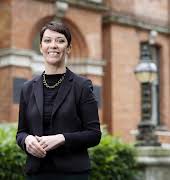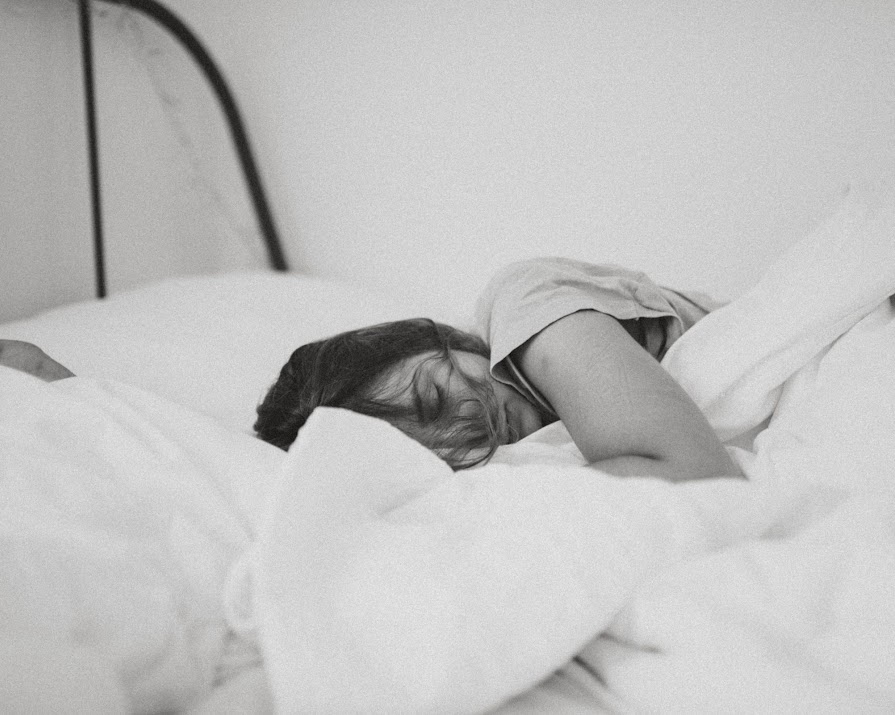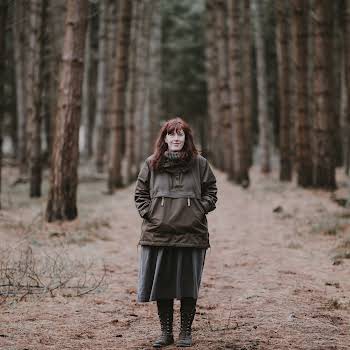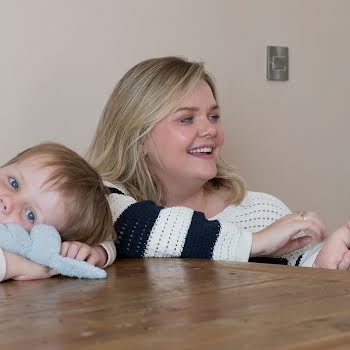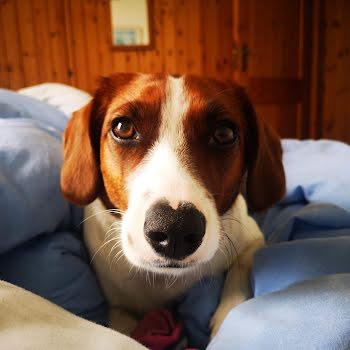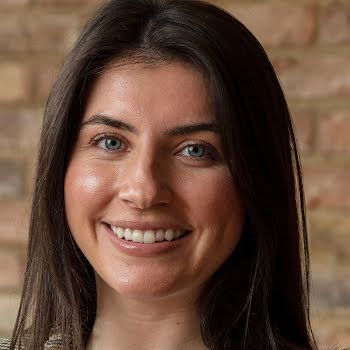
By Edaein OConnell
22nd Aug 2020
22nd Aug 2020
What actually happens during the menstrual cycle? Menstruality coach Lisa De Jong talks us through each phase and the self-care strategies we should be implementing
Have you ever heard of PMS spoken about in a positive light before?
No, neither have I – until now.
Lisa De Jong is a Menstruality Coach and educator who helps women understand and work with the cyclical nature of their menstrual cycle for physical and emotional wellbeing. Lisa worked in the corporate world for many years during her twenties but could not keep up with the stress of that life, particularly as she was suffering greatly each month with her period.
At the age of 29, she was diagnosed with endometriosis.
She tried a range of contraceptive pills to help with the pain but the side effects were even more debilitating. So she decided to look elsewhere at more natural methods and it worked. She found Menstrual Cycle Awareness — the work of Red School with Alexandra Pope and Sjanie Hugo Wurlitzer – which helped her discover and understand the energies and cyclical nature of her own cycle.
Science of the body
Her work is grounded in the science of the body: the endocrine system, nervous system and how to create a self-care plan to support those important aspects of our health.
Often, period jargon can be complicated and hard to understand. The medical names can dumbfound, but Lisa has a smart and effective way of explaining each of the four parts which make up the menstrual cycle. She names each after a season, which makes perfect sense upon explanation — the changing of the seasons are similar to the changes us females travel through each month.
Lisa also makes a conscious effort to talk about the entire cycle in a positive manner. I have spent more time complaining about my PMS than trying to solve the issue, so hearing how to use that time and energy is an advantageous way was eye-opening.
Here she explains each phase of the menstrual cycle in detail from hormones to moods, and the self-care strategies we should be implementing at each stage.
Phase one: Winter (Menstruation)
“Menstruation is winter. I call it the inner-winter. This is when the hormones are at their lowest. Because the hormones are low, we have a period. On an energetic level, women tend to have low-energy and during winter, it’s dark and a very inward-focused time. The best way to look after yourself during menstruation is to rest as much as you can because we all have very busy lives. I don’t tell people to lie seven days a week on the couch. I usually say to take a look at the approach to your life. If you have a busy week, prep your meals in advance, ask for some extra help from your family if you can and wear comfier clothes. The term ‘easy does it’ is vital for that week.”
“If we push ourselves during that time, other symptoms can arise. Menstruation is the most crucial point in the menstrual cycle when it comes to a woman’s overall health. During menstruation, a lot is happening in the body and a huge amount of energy in the body is used up.”
Phase two: Spring (Estrogen levels increase)
“After menstruation, estrogen starts to pick up – I call this the inner-spring. I would describe this as the masculine and yang hormone. It says “let’s get work done” and it’s your body saying you are back in the world. On a psychological level, we once again become more interested in the world and more engaged. It can be a creative time and it’s important to flow with that. But women have to be careful about pushing themselves too hard. I see it a lot in my work that women come out of menstruation – a time when they had to rest because they were suffering – and come out of it and just go at full speed but then they burn out.”
“It’s important to take it gently and slowly and allow that rise in estrogen to work through our bodies and our lives. If we push ourselves too hard during this time it can show up as social anxiety and the strong inner critic will also appear.”
Phase three: Summer (Ovulation)
“Estrogen reaches its peak when we come to the inner-summer – this is called ovulation. If you are not on the pill, this is when the egg is released from the ovary and the woman has an opportunity to conceive. This is the Superwoman time. It’s a period of high energy. For example, it’s a good time to lift heavier weights in the gym. It’s a good time to say yes to things; wear an outfit you have never worn before; trying a new lipstick on a date – do all those fun exciting things you haven’t done before. It’s about embracing risk. However, be mindful that if a woman has pushed herself through the previous phases, it can appear as burnout; so don’t over-do it.”
Phase four: Autumn (Pre-menstrual period)
“Once we ovulate, the second hormone of the menstrual cycle appears and that is progesterone. This hormone supports a potential pregnancy. If a woman isn’t pregnant, it plays a role in other parts of the body. One of these is to soothe and calm the nervous system. Estrogen declines and this is the feminine and yin stage of the cycle. Generally speaking, the first five days after ovulation can create grounding energy. However, this stage of the cycle has been spoken about in a very derogatory manner but actually, there is a lot of truth behind the upset and irritability a woman feels. Her needs might be met or she may be wanting to use her voice more.”
“PMS kicks in about halfway during this period and to help tackle the symptoms, lots of self-care is needed. Start to slow down in life and take it gently and be kind, particularly in the way you talk about yourself. Things like going for a massage will help with bloating and tender breasts. Drink lots of water — magnesium supplements are also a great way to alleviate symptoms. Yoga is an ideal exercise choice, as is going out in nature. Nurture your relationships during this time as these interactions help with the creation of serotonin and dopamine.
“And if tears come and there is a lot of emotional angst, let yourself feel that and give yourself space to let the tears flow. Don’t resist emotion – it’s a process and acts as a clearing every month. If there is grief there or other emotions we have held onto, we can work with these during the menstrual cycle.”
“What I am trying to help women to see is that their cycle is something that actually supports their life rather than burdens.”
You can find out more about Lisa’s work, sessions, online courses and events here.
Each woman’s cycle is different and it is important to search for options which work for you. Begin by visiting your GP for more information.
Read more: Feeling stressed? Here’s how sophrology can (quickly) help
Read more: ‘Dry needling was a huge factor in helping me with my chronic pain’
Read more: Perimenopause: The symptoms you may not know about




